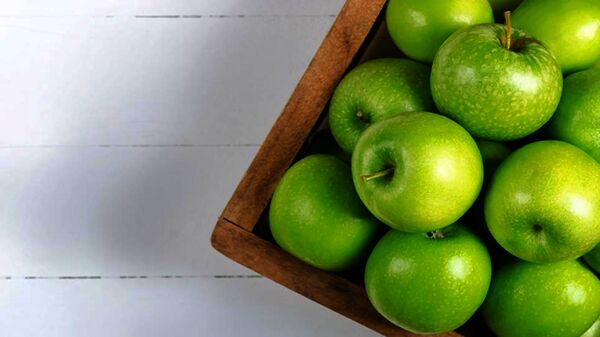Until now, primary food production has been largely based on plants and animals that we can see with the naked eye. But when you turn your attention to the food and food production techniques of the future, you are literally looking into the eyepiece of a microscope.
Microbes are fantastically efficient at just making proteins—or whatever they're supposed to make. It will take time, but at least in Europe and North America, a large number of innovative new food products are already available on our supermarket shelves and this number is increasing every day. According to forecasts, in the next forty years there will be a permanently inhabited research station on the moon and in order to avoid transport, the food consumed there must also be produced there. Where, again, microbes will play a large part of the system.
It is clear that we must fundamentally transform the way we produce and consume food if we are to succeed in the grand challenges we face. But that doesn't mean that we have to give up enjoying our favorite delicacies and say goodbye to cherished culinary traditions. It just means we need to push the boundaries of food science to find new and better ways to make our favorite foods.
However, the GM70 portable CO2 meter will continue to play a key role in sampling CO2 levels, such as in the storage and transport of fruit and vegetables, where the CO2 level is crucial to keep the fruit fresh, safety of the warehouse staff and to avoid the risk of machine damage. Controlling CO2 helps slow down the fruit ripening process or ripen the crop.
